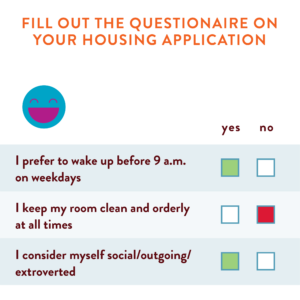
Corporate Social Justice
Corporate Social Justice is a reframing of Corporate Social Responsibility (CSR) that centers the focus of any initiative or program on the measurable, lived experiences of groups harmed and disadvantaged by society. CSR is a self-regulated framework that has no legal or social obligation for corporations to actually create positive impact for the groups they purport to help. Corporate Social Justice is a framework regulated by the trust between a company and its employees, customers, shareholders, and the broader community it touches, with the goal of explicitly doing good by all of them. Where CSR is often realized through a secondary or even vanity program tacked onto a company’s main business, Corporate Social Justice requires deep integration with every aspect of the way a company functions.
“Our employees and your customers expect you to engage, and not just verbally. They expect you to do something,” says Lisa Osborne Ross, who next month will become the first Black person to serve as chief executive officer for the US division of Edelman, one of the world’s largest and most influential public relations firms.
The release of the 2020 Edelman Trust barometer revealed that brand trust and brand reputation ranked second and third behind price as the most important factors for consumers deciding which new products to purchase. Edelman’s August 2020 special report on “The Fight for Racial Justice in America” found 54% of Americans surveyed had a “continued expectation” for the brands they support to speak out about racism.
“Consumers, customers and employees will buy or boycott based on how they feel about your actions,” Ross said of US business leaders. “The counsel we’ve given clients throughout the summer and that we are giving clients right now on this issue is, ‘Silence is not an option.'”
Consider what social justice causes are significant to you and evaluate how the companies you patron stack up to your expectations. Questions to consider before you do and/or continue to do business with a company – Are they…
- Speaking out and taking a stance…do their actions back up their words?
- Spending money in philanthropic efforts and supporting suppliers owned and managed by diverse folks…how much, what percentage, and who benefits?
- Are they training themselves and their employees on diversity, equity, and social justice topics…is this effective, mandated, and ongoing?
- Creating policies, procedures, and benefits packages that are inclusive…who is included in making these decisions?
- Educating, advocating, and using their influence to create positive social change…are they involving the voices of those they are serving as they do this and compensating them appropriately?
- Criticized for lacking diversity amongst its leadership …ist blind spot failures, where they donate profits, who they liaison with, etc.…is this repeat criticism, what is their response?
- Intentional about their culture…living their values, focusing on impact and responsibility, holding themselves accountable, employee and customer satisfaction, etc.?
Corporate Social Justice is a new paradigm that imagines a healthier and mutually beneficial relationship between companies and the communities with whom they interact. It is driven by the growing desire of socially-aware consumers and employees for companies, especially socially-conscious and forward-thinking companies, to do better. Companies have an opportunity to rise to the occasion and leverage their influence to build a better world for all — including themselves.
Resources and further learning:
- Article | Like it or not, ‘woke’ Corporate America is here to stay
- Article | We’re Entering the Age of Corporate Social Justice
- Article | Corporate Social Responsibility Took Stage At CES, But 2021 Demands More
- Human Rights Campaign Foundation – Corporate Equality Index 2021 | Rating Workplaces on Lesbian, Gay, Bisexual, Transgender and Queer Equity





